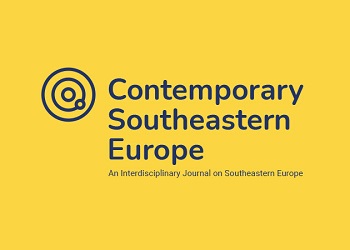The 2011 Round of Population and Housing Censuses in the Western Balkans: A Comparative Analysis with a Focus on Ethnicity and Citizenship
The 2011 Round of Population and Housing Censuses in the Western Balkans: A Comparative Analysis with a Focus on Ethnicity and Citizenship
Author(s): Pieter EveraersSubject(s): Demography and human biology, Inter-Ethnic Relations
Published by: Universität Graz
Keywords: population census;Western Balkans;facts;quality;costs and benefits;
Summary/Abstract: The censuses in the Western Balkan countries deserve special attention as they are grouped in a region with a conflictual and difficult past. The Socialist Federal Republic of Yugoslavia fell apart in the early 1990s, resulting in the current configuration of independent countries (Slovenia, Croatia, Bosnia and Herzegovina, Serbia, Montenegro, Kosovo1 and the Former Yugoslav Republic of Macedonia). This dissolution process has troubled the region for years with wars that have cost many lives, and which still remain an important event in the minds of many people in the region as well as in the minds of the hundreds of thousands that have fled the region and built a life in other European countries. Many of these people in the diaspora still feel affiliated with the area; they might still have family or own property, or they simply decided not to settle for life outside the region of their childhood. Even 20 years after the wars there are many traumas and the relations between population groups are difficult.
Journal: Contemporary Southeastern Europe
- Issue Year: 2/2015
- Issue No: 2
- Page Range: 184-194
- Page Count: 11
- Language: English

